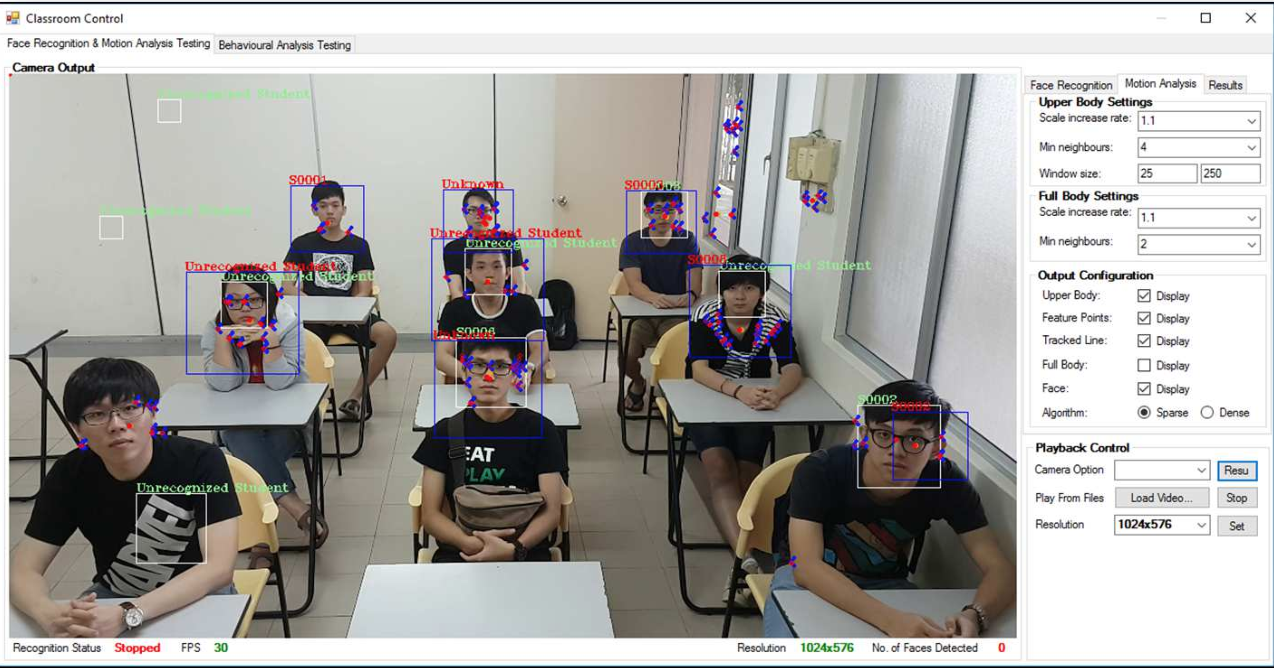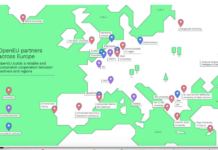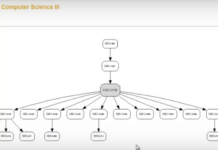
Crosslin, M. (2019) Is Learning Analytics Synonymous with Learning Surveillance, or Something Completely Different? EduGeek Journal, October 30
This is an excellent, thoughtful article about the difference (if any) between learning analytics and learning surveillance, based on a series of tweets on this topic. I am not even going to attempt to summarise it, but I will give a few quotes below, to tempt you, because it’s something I think anyone with an interest in (or concern about) learning analytics should read.
there is a lot of overlap between the two ideas. Both Learning Analytics and Learner Surveillance collect a lot of student data (grades, attendance, click stream, demographics, etc).
I think some people see the difference as:
Learning Analytics: informed consent, not monetized, intending to help education/learners, based on multiple data points that have been de-identified and aggregated.
Learning Surveillance: minimal consent sought from end users (forced by admin even), monetized, intending to control learners, typically focused on fewer data points that can identify individuals in different ways.
…or, something like that. But as I have explored above, this is not always the clear-cut case.
However, if I was really pressed, I would say that Learning Analytics (with capital L-A) seeks to understand what is happening in the learning process, in a way that utilizes surveillance (little s) of interface processes, regardless of monetary goals of those analyzing the data. Learning Surveillance (capital L-S) seeks to create systems that control aspects of the learning environment in a way that monetizes the surveillance process itself, utilizing analytics (little a) from learning activities as a primary source of information.
Now there will be a test on this at the end of the course (which will be analysed, of course, with or without your consent).









 Dr. Tony Bates is the author of eleven books in the field of online learning and distance education. He has provided consulting services specializing in training in the planning and management of online learning and distance education, working with over 40 organizations in 25 countries. Tony is a Research Associate with Contact North | Contact Nord, Ontario’s Distance Education & Training Network.
Dr. Tony Bates is the author of eleven books in the field of online learning and distance education. He has provided consulting services specializing in training in the planning and management of online learning and distance education, working with over 40 organizations in 25 countries. Tony is a Research Associate with Contact North | Contact Nord, Ontario’s Distance Education & Training Network.

